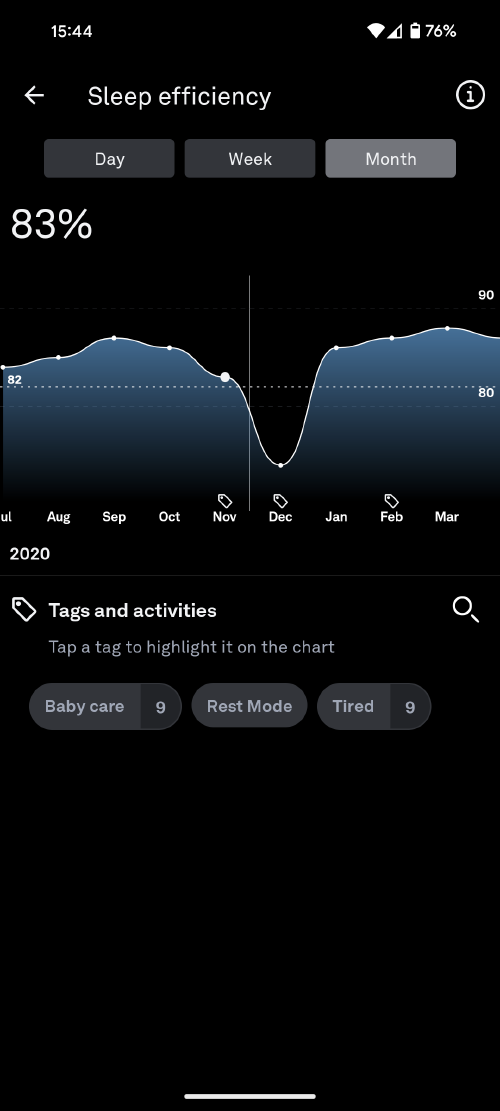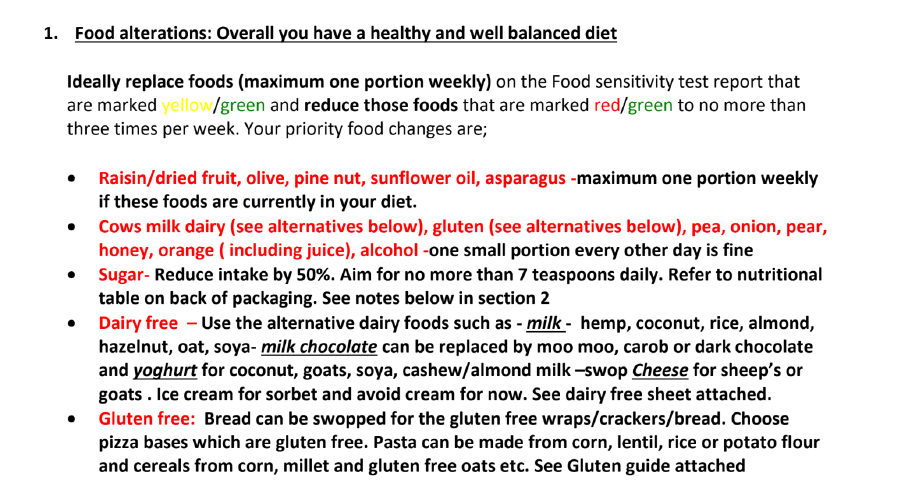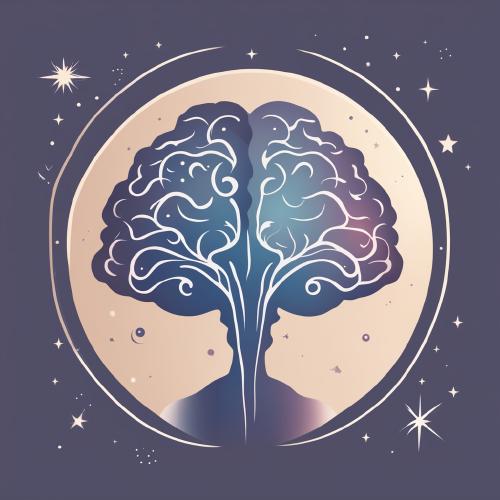Battling with Burnout
For the longest time, I’ve continued to push myself to do more. When I was eight I fixated on being as fast as I physically could be, when I was in my teens I was obsessed with improving my left foot playing football and when I reached my twenties I wanted to understand more about IT systems to be exceptional at Cyber Security. This insatiable drive has led me to becoming both physically and mentally fatigued. I’ve had glandular fever, labyrinthitis, arthritis, heightened stress levels, sleep issues and complete withdrawal from doing anything. Simply put, I become obsessed with something until I burnout.
I’ve read plenty of articles, watched loads of videos and listened to some excellent advice from my friends about burnout but it always seems to be the same. The first type of content is determining whether you are burnt out or whether you are suffering from depression or a viral infection. The second type of content goes through how to prevent burnout and how to detect it before it occurs. As I know it is burnout I suffer from, my primary focus is always on understanding more about it and so I’ve started looking at the problem like any attack on a system. What is the best way to prevent, detect and recover from burnout?
In this post, I discuss four items, techniques and resources which have helped me with the continual battle of burnout.
Oura Ring
Back in 2016 I became friends with an engineer I was working with on a customer site. One of the first things I noticed was a strange black ring they were wearing which turned out to be an Oura ring. As he described the features and being able to understand more about your activities during the day and how efficient your sleep was during the night, I was highly sceptical. But the more research I did the more I started to understand how it worked and how useful it could be.
If you have never seen an Oura Ring I would highly recommend looking into it. It is exactly the type of wearable technology I like. Non-intrusive, measures various signals and presents all this information via a mobile app. Of course, the battery life could be better and you can definitely get more accurate measurements of physical activities from fitness watches or professional performance trackers, but as I’m not a professional athlete and I want a general idea of whether I’ve hit my movement goals, the Oura ring is hugely convenient.
How does this help with burnout?
For me, it provides indicators of whether I’ve been consistently having good sleep and whether I’m hitting my activity goals. As of late last year the ring also informs me about high stressful periods during the day which can also increase the likelihood of fatigue. Taking these all factors into account, I can make more effective decisions on whether to do more work in the evening, how best to approach exercise that day and understand whether I’m on a downward trend.

My sleep efficiency during 2020, can you guess when my son was born?
I believe over the next decade we are going to see a rise in more sophisticated wearable technology which will provide a lot more insight in the health of the body as well as make recommendations of what to eat based on feedback from measurements of blood sugar levels and dietary restrictions (more on that later). Levels is another wearable technology that has interested me, as it shows you how food and other activities affect your blood glucose levels. Unfortunately they aren’t distributing Levels to the UK but I’ll continue to keep looking for updates or other interesting wearables.
Food Sensitivity Assessment
A while ago we visited a friend who is a doctor and discussed our current health issues, seemingly always picking up colds or any other nasty things that were going around. They told us that it could be something we are eating that could be the issue. The premise was that certain types of food can be difficult for the digestive system to process, leading to a weakened immune system and the body’s inability to fight infections or viruses. Although our friend was in the process of starting their own practice, they were moving the following week but recommended OptiHealthUK.
So we reached out and booked an appointment for food sensitivity testing and nutritional advice. The assessment was around an hour consisting of questions to understand dietary habits, existing ailments and then food sensitivity tests. Previously when I heard about allergy tests it involved a lot of needles but this was done with a bioresonance health screening system. You held the device and it applied electro-stimulation to determine what food or substances you were sensitive to. The results were interesting showing that I have a high sensitivity to sugar which included lactose and gluten.

Changing my diet has been revolutionary. I’ve had one or two colds since adopting the recommendations in the report which has supported my ability to work longer hours and not reach burnout so easily. If you are the type of person who seems to always get sick, I would highly recommend having a look at food sensitivity testing. Additionally, supplements like Vitamin D and BioAcidophilus are excellent for boosting the immune system.
Exercise
I’ve always been fascinated by learning. This is primarily because working in IT the industry is extremely fast paced and forever changing so to keep up one must always be learning or studying to be able to understand new technology. I came across a YouTube video of Barbara Oakley | Learning How to Learn. It discusses how the brain works and different techniques for being more effective at learning. I was unsurprised to see that sleep is important to learning but I was surprised to see that exercise is.
I believe that exercise is so important in the prevention of burnout. That seems quite counter intuitive but exercise does not necessarily mean placing immense strain on the body. It can be as simple as walking for 20 minutes a day. Exercise not only helps the body to be stronger and healthier but it improves your ability to learn. If you are more effective at learning, the less time you will push yourself to reach a burnout situation. Additionally when you are reaching a low, exercise will improve your immune system meaning you are more prepared for any bugs that may come your way.
This year I’ve started swimming and doing yoga once per week in an attempt to maintain a regular exercise routine. I also do a school drop off which is a 40 minute walk there and back. Just doing this I’ve noticed a huge improvement in my mental and physical wellbeing. I’ve also reduced my considerable screen time which helps with a better sleep which in turn increases my ability to learn.
Cognitive Behavioural Therapy (CBT)
So far I’ve talked a lot about ways to detect when you are under strain, how to prevent it and how to reduce the time under strain. But what if you are passed that, burnt out and in an everlasting spiral of low energy and motivation?
Now it’s time to talk.
You should never underestimate the power of talking, specifically spending time with someone face to face and building a relationship with them. If you have a friend, partner or colleague who you go to for advice, that is amazing and special. Chairish it, maintain it and listen as there is potential wisdom in there. But if you are continuously burning out, then it could be something in your wiring and no amount of talking to a person who is close to you is going to provide you enlightenment to why it keeps happening to you. This is where Cognitive Behaviour Therapy (CBT) comes in.

CBT provides you with a means to talk about your problems, break it down and in my case, it wasn’t about someone telling me what was right or wrong but taking you on journey to understand why do you think the way you do and why is it that you formed certain opinions about things. For me, I was burnt out, struggling to deal with constant physical pain and felt that the doctors were not listening to me. In discussing my issues, I found that my lack of trust was formed from one traumatic event.
There is one thing I used to love to do which was play football. Football for me was the only thing that could effectively switch my brain out of work and into another state where I was considering my position, where the ball was going next, where the opposition were going and what my teammates were going to do. So when I started to get a pain in my hip at the age of 29 I thought I must have taken quite a tumble playing. Unfortunately not. It turned out I had the onset of arthritis and it was only going to get worse. I saw a consultant who gave the diagnosis but although I had conveyed the importance of football in my life, he broke the news that I needed to stop playing indefinitely with a throwaway comment before I went into theatre for cortisone injection. That moment had stuck with me for almost 10 years and made me have a huge resentment and distrust of doctors which was buried deep in my subconscious.
The strange thing, after that my whole outlook changed. My energy levels came back and a weight was lifted like I didn’t need to carry that burden anymore. I became more like myself again and suddenly I had the desire to move forward on the things I had been putting off. The point of all this is that burnout may not just be you pushing yourself too hard because you have to but more that you maybe something else deep inside which is unresolved that needs addressing. Once you have unlocked it, you may find the path to recovery is easier and the way you view the world has changed.
If therapy isn’t for you, I understand. I wasn’t convinced either but I always say, as long as it’s not detrimental to your health, you should always give something a go. You can never be certain until you do.